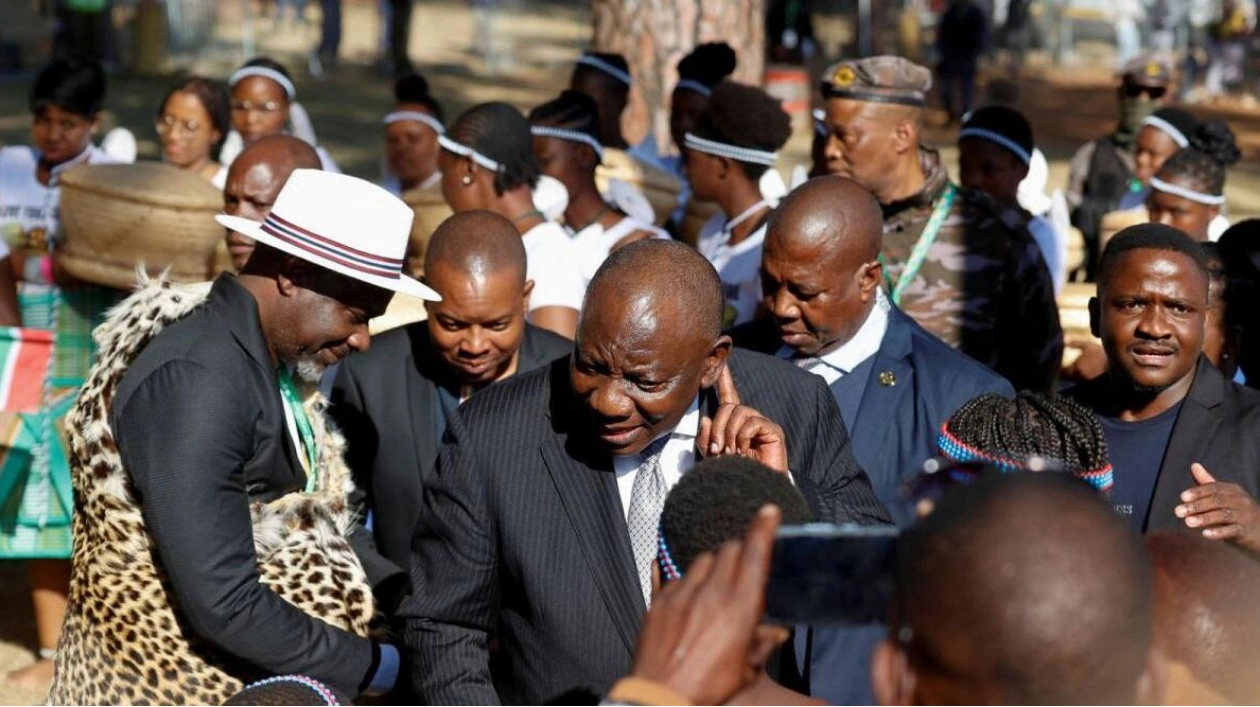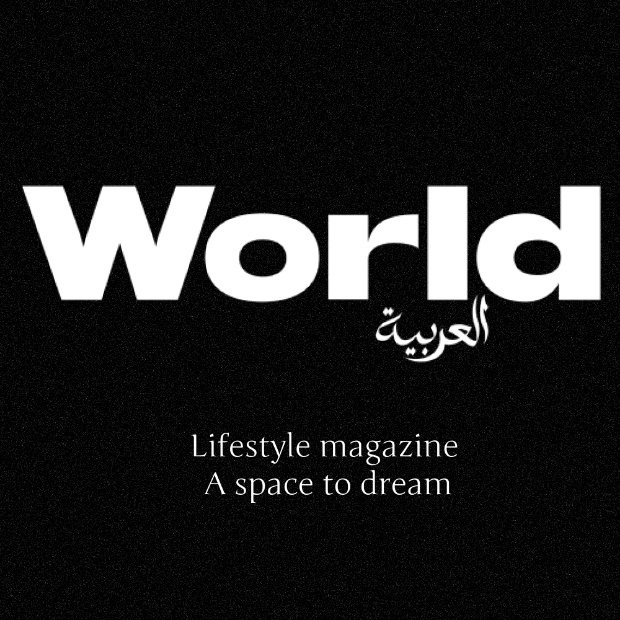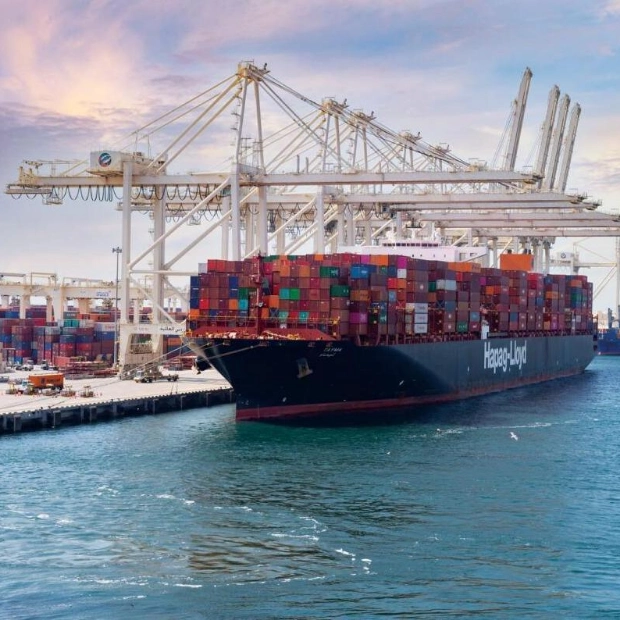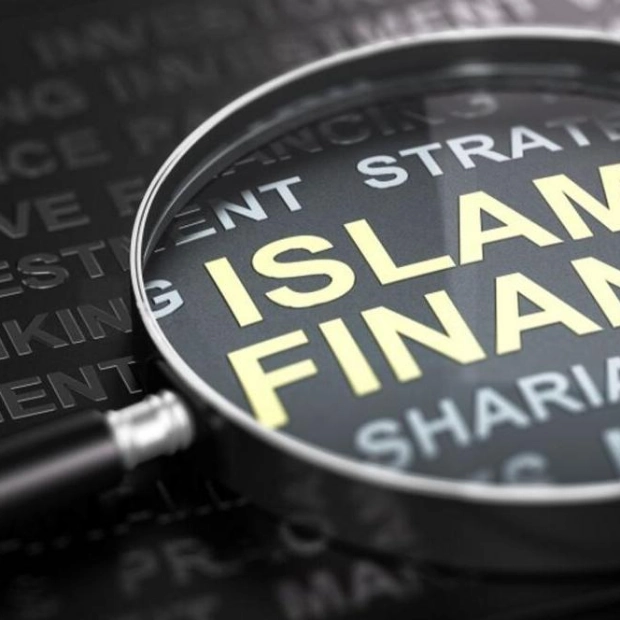South African President Cyril Ramaphosa unveiled his new government lineup on Sunday, with 12 of the 32 portfolios going to former opposition parties following the ANC's loss of its absolute parliamentary majority. The African National Congress (ANC), which has led the country since 1994, retained 20 of the 32 cabinet posts, including crucial ministries like foreign affairs, finance, defence, justice, and police. The party expressed support for the President's announcement, viewing it as a significant step forward and a reflection of the strength of their democracy.
The Democratic Alliance (DA), the biggest coalition partner, secured six portfolios, including home affairs, environment, and public works. DA leader John Steenhuisen, aged 48, was appointed Minister of Agriculture. The DA celebrated this as a new chapter in South Africa's democratic journey, pledging zero tolerance for corruption. The Zulu nationalist Inkatha Freedom Party (IFP), the anti-immigration Patriotic Alliance, the right-wing Afrikaans Freedom Front Plus, and other smaller parties collectively received six cabinet positions, with responsibilities in areas such as land reform, correctional services, sports, tourism, and public service.
Ramaphosa, 71, described the formation of the current Government of National Unity as unprecedented in the country's democratic history. He was re-elected last week for a second full term to lead the ANC's government of national unity (GNU), after the party lost its majority in the May 29 general election. The incoming government aims to focus on rapid, inclusive, and sustainable economic growth, as well as creating a more just society by addressing poverty, inequality, and unemployment. Ramaphosa emphasized the importance of ensuring meaningful participation of all parties in the national executive and various parliamentary positions.
South Africa's previous experience with a national unity government was at the end of apartheid, during the transition to democracy led by Nelson Mandela and FW de Klerk. The ANC's decline occurred amid high crime rates, a stagnant economy, and an energy crisis. Ramaphosa's announcement, highly anticipated after weeks of intense negotiations between the ANC and the DA, was met with criticism from leftist parties, including the uMkhonto weSizwe (MK) party, formed by former president Jacob Zuma, 82. The MK party, which won over 14 percent of votes, may become the official opposition after refusing to join the ANC's broad coalition. The Economic Freedom Fighters (EFF) also rejected the ANC's coalition with the DA, labeling it a 'white-led unholy alliance'. The ANC had previously accused the DA of making 'outrageous demands' for key cabinet positions. The EFF criticized the GNU as a mere smokescreen for the ANC to form a predetermined grand coalition with the DA, also expressing concern over the 'increased and bloated' cabinet's financial impact.
Ramaphosa plans to open the new parliament on July 18 to address MPs and outline the operational guidelines for his new coalition government, which involves 11 parties.






